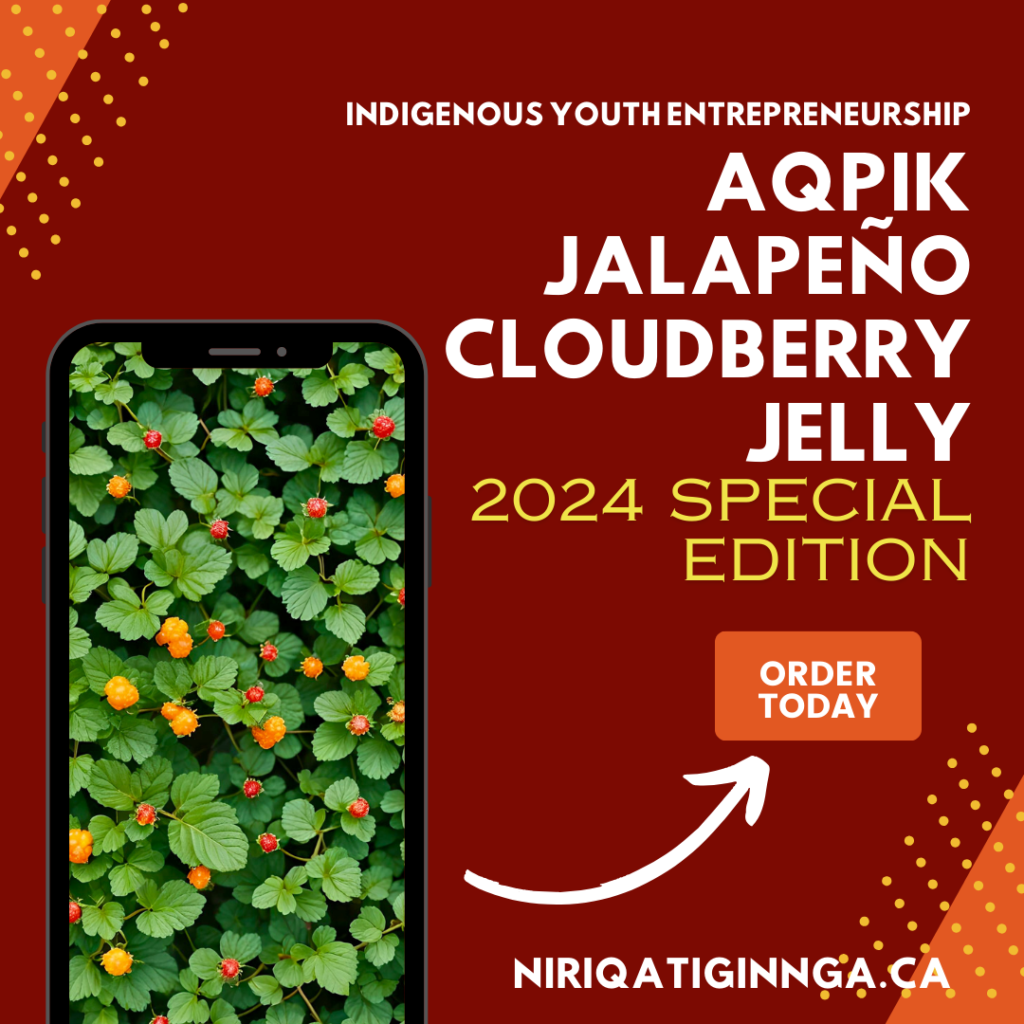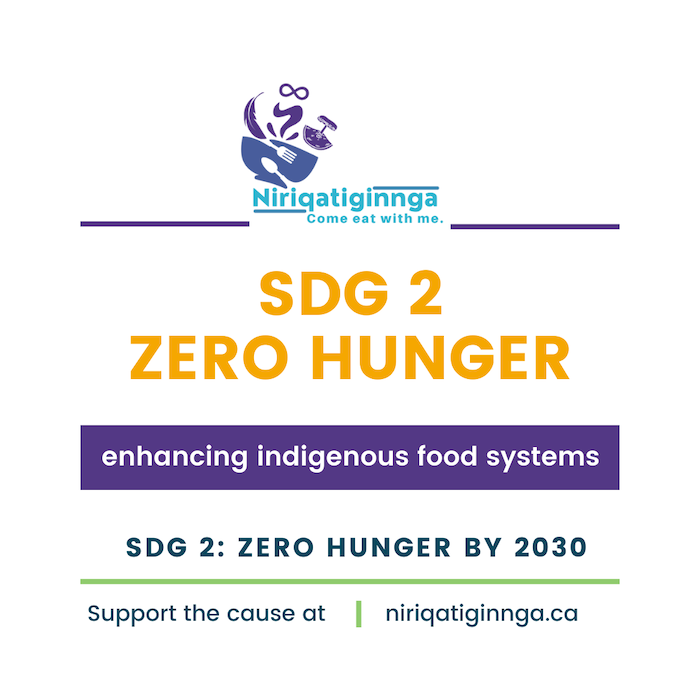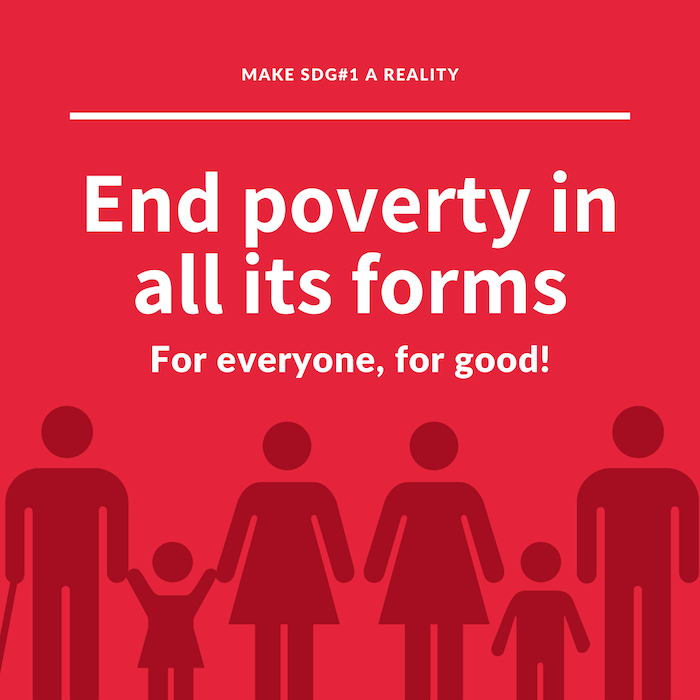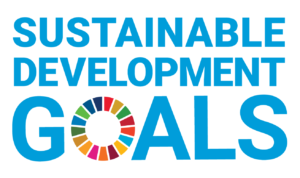The following letter and recommendations were produced during a special session on Race and Systemic Bias in Arctic Sciences held during Arctic Science Summit Week 2023 in Vienna, Austria.
Arctic science suffers from systemic biases that marginalize and exclude people who are Black, Indigenous, or from other under-represented minorities both in the Arctic region and around the world. During this workshop we will hear from speakers who have been impacted by these issues, and are working to eliminate them. Through breakout discussions we will provide actionable recommendations for IASC and the Arctic Sciences community to continue to tackle these issues. This workshop will work with and across multiple IASC working groups, as this issue affects all areas of Arctic Science.
This international workshop on Race and Systemic Bias in Arctic Sciences Crosscutting Workshop during Arctic Science Summit Week 2022 was awarded a total of 12,381 Euros from the IASC Atmosphere, Cryosphere, Marine, Social & Human, and Terrestrial Working Groups. Arctic Science Summit Week will take place in Tromso, Norway, 29 – 31 March 2022.
IASC Feedback:
Specific feedback from the IASC Working Groups in awarding funding for this international, collaborative workshop included:
- IASC Atmosphere Working Group (AWG): “We would like to encourage an AWG member to engage fully with development of the workshop.”
- Cryosphere Working Group (CWG): “Very important topic and good plan. Funding would support the attendance of Early Career Researchers (ECRs), Indigenous participants, and experts at a workshop for ASSW2022.”
- Marine Working Group (MWG): “A very good and unique proposal.”
- Social and Human Working Group (SHWG): “This is a timely initiative, and SHWG believes the workshop would be a valuable asset. Long-term legacy of the project is clearly demonstrated.”
- Terrestrial Working Group (TWG): “A timely and clearly important topic spanning all IASC working groups.”
The Race and Systemic Bias Crosscutting in Arctic Sciences Workshop for Arctic Science Summit Week 2022 was an example of grassroots, self-determined, international science cooperation between (a) Indigenous peoples (b) Canada and the United States; (c) Norway (d) the UK-British Antarctic Survey; and (e) other circumpolar and international science partners.
ASSW Race and Systemic Bias in Arctic Sciences Outcome Letter
Dear IASC Council Members,
We would like to thank the working groups for funding the cross-cutting workshop on Race and Systemic Bias in Artic Sciences that took place during ASSW 2023 in Vienna. Following on from some fruitful discussions at the workshop, and contributions from those who were unable to attend, we present to you some recommendations that IASC could take to build upon the Council’s 2020 statement.
1. Establishment of an EDI (Equity, Diversity and Inclusion) action group
This workshop was only the first step for IASC, and a dedicated group of people is needed to continue this work with support and membership of the council. As many issues that are faced are intersectional we would suggest a cross-cutting action group with membership across IASC WG and member nations, that allows work on EDI to be complementary across the range of issues faced in Arctic Sciences. This group would be able to partner with an existing SCAR group who are tackling often similar challenges.
2. Funding structure and opportunities
While we appreciate the need to progress the interests of countries that fund IASC, this can be prohibitive in terms of increasing diversity. We recommend as a priority to open IASC fellowships beyond membership countries. One or more fellowships could be specifically reserved for ethnic minorities following the model of the Indigenous fellowships.
Beyond fellowships, IASC should also consider ways to ensure a greater diversity among conference speakers and working group members, including but not limited to additional ways to access funding to attend IASC events.
Furthermore, funding opportunities can be limiting and access could be improved by allowing costs such as visa application and childcare to be covered.
Additionally, we recommend that IASC creates a standard policy on compensation for those working on EDI issues- it is not acceptable to expect those who are often most affected by these issues to give their time and discuss sensitive and sometimes traumatic issues for free.
3. Activities and collaboration
The planning of explicit sessions solely for EDI during the ASSW program will promote and allow attendance. Conference delegates should not have to choose between science sessions or business meetings, and timetabling sessions at the ‘edges’ of the conference program also makes attendance more difficult. There severely impacted attendance at the 2023 workshop.
We hope to see the continuation of EDI discussions at ASSW in Edinburgh in 2024, and coordination with efforts at other Arctic conferences (e.g. UK Arctic Science Conference 2023, Arctic Frontiers, Svalbard Conference, International Conferences in Nuuk, ICASS XI Norway 2024). ASSW could also be used as an opportunity for EDI trainings, which we recommend all IASC council members should attend as standard.
Establishing a formalised partnership with Polar Impact will both benefit their work and allow IASC to benefit from their expertise and guarantee them support for ongoing projects such as fieldwork and funding opportunities that bring underrepresentation groups together.
4. Fieldwork access and partnership:
IASC isare in the ideal position to provide leadership and resources for access to fieldwork. The EDI action group could cooperate with other organisations/institutions on fieldwork, e.g. Arctic Safety Conference (last held by the University Centre in Svalbard in 2021) to ensure sufficient access, pre-planning, and logistics help are available to all, and the specific issues related to gender and racial background on field teams are identified and tackled.
Funding could be used to invest in field care: purchasing field equipment for loan (clothes, gloves, etc.) and taking account of marginalised identities of fieldworkers will reduce barriers to accessing the field. This could be achieved by formalising partnerships or networks with international and local companies that supply fieldwork equipment.
5. Education:
IASC should lead on encouraging universities and scientific organisations to educate students and employees about discrimination issues (e.g. workshops) and their impact on day-to-day work. They can engage policymakers in member countries and beyond to ensure that polar education is high on that agenda via the education system and encourage immigrants and ethnic minorities to see polar research as potential career choices.
We recommend IASC reports to be published in additional languages to engage international audiences.
Thank you for your time in considering these recommendations and on your future work in upholding IASC’s 2020 statement.
We would also like to thank Polar Impact, Inclusion in Northern Research, and all those who volunteered their time and energy to contribute to the 2023 workshop.
Kind regards,
The 2023 Race and Systemic Bias workshop organisers, attendees and further interested parties



